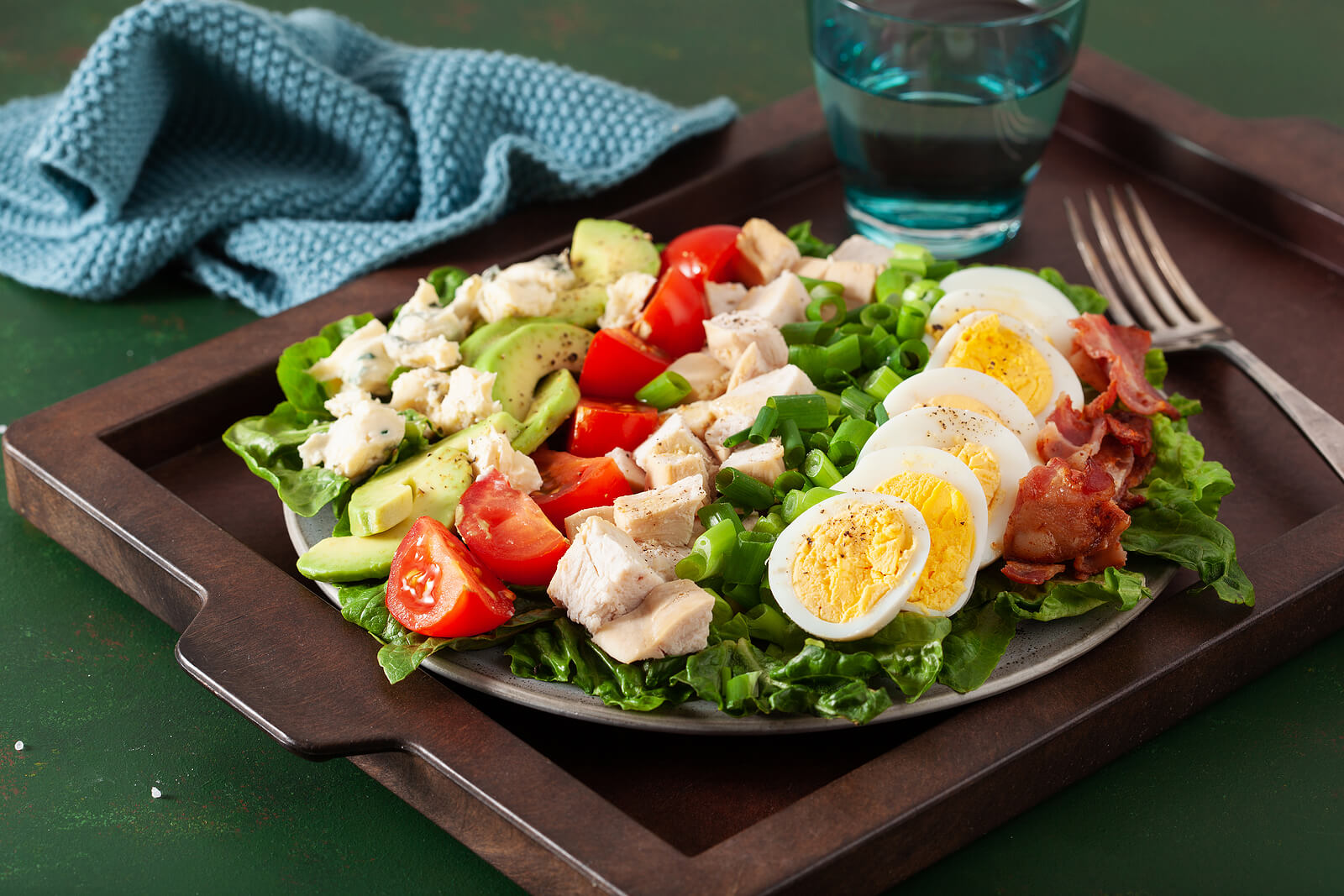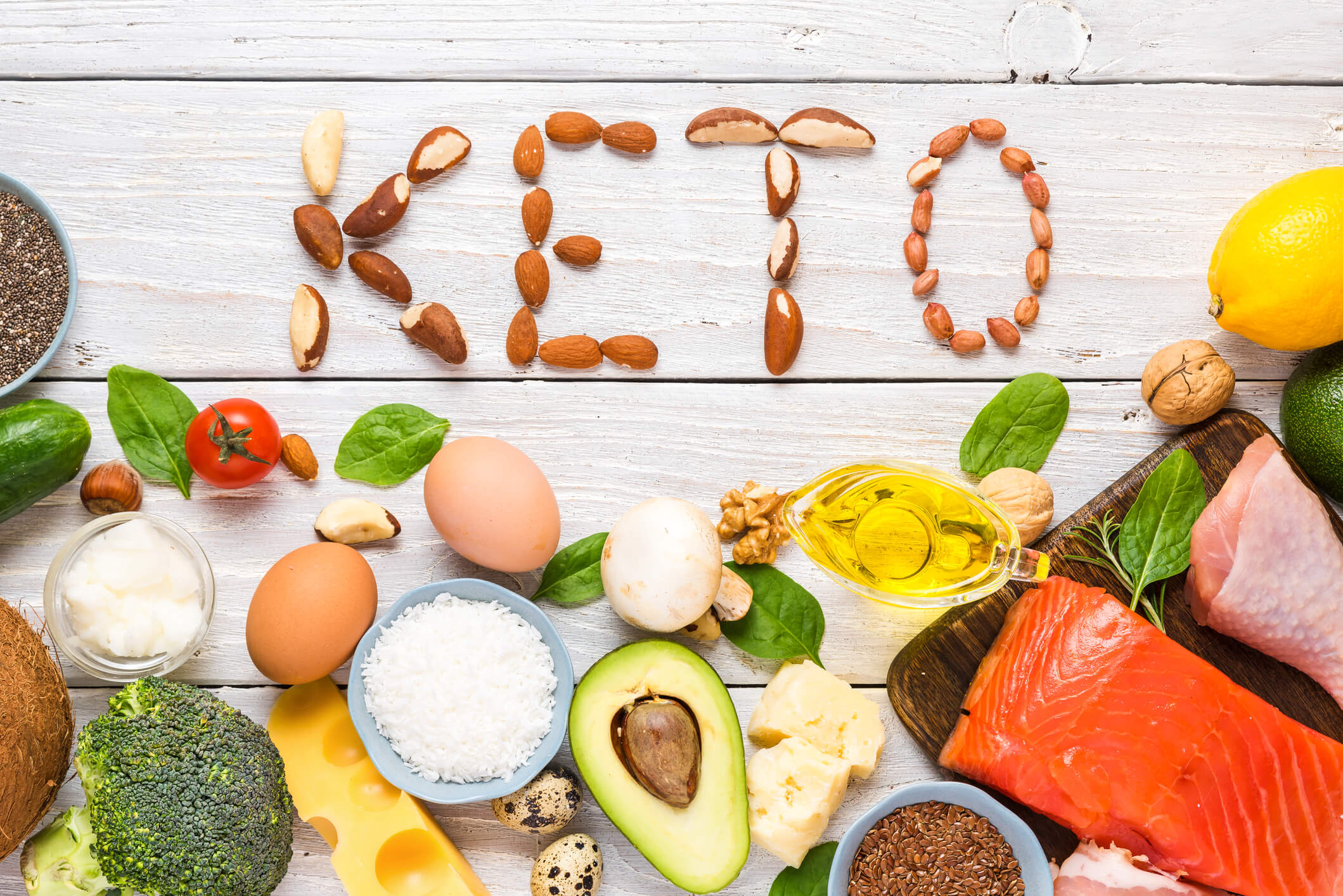Nutrition plays a crucial role in achieving six-pack abs. It is important to understand that having a visible set of abs is not just about performing countless abdominal exercises, but also about maintaining a healthy and balanced diet. Nutrition for six-pack abs is all about fueling your body with the right nutrients and managing your calorie intake in order to reduce body fat and reveal the abdominal muscles. In this introduction to nutrition for six-pack abs, we will explore the key principles and guidelines to help you get started on your journey toward a shredded midsection.
The first principle of nutrition for six-pack abs is to focus on consuming a nutrient-dense diet. This means prioritizing whole, unprocessed foods that are rich in vitamins, minerals, and antioxidants. These include fruits, vegetables, lean proteins, whole grains, and healthy fats. These foods provide the necessary nutrients to support muscle growth, repair, and recovery, while also promoting overall health and well-being. By including a variety of these foods in your diet, you can ensure that your body is receiving the essential nutrients it needs to build and maintain strong abdominal muscles.
Another important aspect of nutrition for six-pack abs is managing your calorie intake. In order to reveal your abdominal muscles, you must reduce body fat levels. This requires creating a calorie deficit, which means consuming fewer calories than your body needs to maintain its current weight. It is important to note that drastic calorie restrictions can be detrimental to your health and may lead to muscle loss. Instead, aim for a moderate calorie deficit of around 300-500 calories per day. This can be achieved by reducing portion sizes, choosing low-calorie foods, and increasing your activity level through exercise.
Lastly, hydration is a key component of nutrition for six-pack abs. Staying properly hydrated is important for overall health and can also help support your fitness goals. Water is essential for digestion, nutrient absorption, and the elimination of waste products. It also helps regulate your body temperature and lubricate your joints. Aim to drink at least 8-10 glasses of water per day, and more if you are physically active or live in a hot climate. Avoid sugary drinks and opt for water, herbal tea, or infused water to stay hydrated without adding extra calories.
In conclusion, nutrition plays a vital role in achieving six-pack abs. By focusing on consuming a nutrient-dense diet, managing your calorie intake, and staying hydrated, you can optimize your body’s ability to reduce body fat and reveal your abdominal muscles. Remember that nutrition is just one aspect of the equation, and it should be complemented with regular exercise, proper sleep, and stress management for optimal results. With dedication and consistency, you can pave the way toward a strong, defined midsection.
The Importance of Nutrition in Achieving Six-Pack Abs
Nutrition plays a crucial role in achieving six pack abs. While many people believe that exercise alone is enough to develop a chiseled midsection, the truth is that proper nutrition is equally important. In fact, it is often said that abs are made in the kitchen, not the gym. This is because the food we eat directly affects our body composition and fat distribution. In order to reveal the six pack abs that may already be hidden beneath a layer of body fat, it is essential to follow a well-balanced and nutritious diet.
One of the main reasons nutrition is important in achieving six pack abs is because it helps to reduce body fat. In order for the abdominal muscles to become visible, it is necessary to have a low body fat percentage. This can be achieved through a combination of regular exercise and a healthy diet. Consuming nutrient-dense foods such as lean proteins, whole grains, fruits, and vegetables while avoiding processed and high-calorie foods can help to promote fat loss and reveal the abdominal muscles.
Furthermore, proper nutrition provides the body with the energy it needs to perform intense workouts and build muscle. In order to develop strong and defined abs, it is important to engage in strength training exercises that target the core muscles. However, without adequate fuel from a nutritious diet, the body may not have enough energy to perform these exercises effectively. By consuming a balanced diet that includes carbohydrates, proteins, and healthy fats, the body will have the necessary nutrients to support muscle growth and repair.
Nutrition is of utmost importance in achieving six pack abs. By following a well-balanced and nutritious diet, individuals can reduce body fat, promote muscle growth, and reveal their abdominal muscles. It is essential to consume nutrient-dense foods while avoiding processed and high-calorie options. Additionally, proper nutrition provides the energy needed to perform intense workouts and build a strong core. By combining a healthy diet with regular exercise, individuals can increase their chances of achieving the coveted six pack abs.
Tips for a Balanced Diet
A balanced diet is essential for achieving six-pack abs. It is not only about reducing calories and losing weight, but also about providing the body with the necessary nutrients it needs to build and maintain muscle mass. One tip for a balanced diet is to focus on consuming a variety of whole, unprocessed foods. This includes fruits, vegetables, lean proteins, whole grains, and healthy fats. These foods are rich in vitamins, minerals, and antioxidants, which are essential for overall health and well-being.
Another tip for a balanced diet is to pay attention to portion sizes. Even if you are eating healthy foods, consuming too much of them can still lead to an excess of calories, making it difficult to achieve a six-pack. It is important to listen to your body’s hunger and fullness cues and eat until you are satisfied, rather than stuffing yourself. Additionally, being mindful of portion sizes can help you maintain a healthy weight and prevent overeating.
Lastly, it is crucial to stay hydrated for optimal nutrition and six-pack abs. Water plays a vital role in digestion, absorption, and transportation of nutrients throughout the body. It also helps to flush out toxins and waste products from the body. Drinking enough water can also help control appetite and prevent overeating, as thirst is often mistaken for hunger. Aim to drink at least eight glasses of water per day, and increase your intake if you are physically active or in hot weather.
Achieving six-pack abs requires a balanced diet that provides the body with the necessary nutrients for muscle growth and maintenance. By focusing on whole, unprocessed foods, being mindful of portion sizes, and staying hydrated, you can optimize your nutrition for the desired results. Remember, consistency and patience are key, as it takes time and effort to develop and maintain a six-pack.
Portion Control
Portion control is a crucial aspect of nutrition when aiming for six-pack abs. It involves managing the amount of food we consume in each meal and ensuring that it aligns with our fitness goals. One effective strategy for portion control is to use smaller plates and bowls, which can trick our brain into thinking we are eating more than we actually are. By reducing the size of our plates, we naturally reduce the amount of food we eat, leading to a decrease in overall calorie intake. This can be especially helpful when trying to shed excess belly fat to reveal those coveted abs.
Another technique for portion control is to practice mindful eating. This involves paying close attention to our body’s hunger and fullness cues and eating slowly to allow our brain to register when we are satisfied. By eating mindfully, we can prevent overeating and better control our portion sizes. Additionally, it is essential to listen to our bodies and stop eating when we feel comfortably full, even if there is still food on our plate. This approach helps us develop a healthier relationship with food and promotes a more balanced and sustainable approach to nutrition for achieving six-pack abs.
Lastly, it is crucial to be aware of portion sizes when consuming high-calorie and nutrient-dense foods. While it is important to include healthy fats, lean proteins, and complex carbohydrates in our diet, it is equally important to consume them in appropriate portions. For example, a serving of healthy fats, such as avocado or nuts, should be about the size of a thumb, while a portion of lean protein, like chicken or tofu, should be the size of the palm of our hand. By understanding and practicing portion control with these types of foods, we can ensure that our diet supports our goal of achieving six-pack abs while still providing the necessary nutrients for optimal health and fitness.
The Role of Protein in Muscle Building
Protein plays a crucial role in muscle building, making it an essential component of a nutrition plan for those aiming to develop six-pack abs. When it comes to building and repairing muscles, protein is the key nutrient. During resistance training, tiny muscle fibers in the body are damaged. Protein is necessary to repair and rebuild these muscles, leading to muscle growth and development. Additionally, protein helps to increase muscle mass and strength, allowing individuals to achieve the defined and sculpted look that is often associated with six-pack abs.
Protein also aids in the recovery process after intense workouts. When engaging in high-intensity exercise, the body undergoes stress, leading to muscle fatigue and soreness. Consuming protein post-workout helps to reduce muscle damage and inflammation, allowing for a quicker recovery period. This is particularly important for individuals looking to develop six-pack abs, as consistent training is necessary to achieve and maintain this level of muscle definition. By incorporating protein into their nutrition plan, students can support their muscle recovery and optimize their training sessions.
Furthermore, protein has a thermogenic effect on the body, meaning that it requires more energy to digest compared to fats and carbohydrates. This leads to an increase in the body’s metabolic rate, resulting in a higher calorie burn. By consuming protein, students can support their weight loss goals, as a higher metabolic rate aids in burning excess body fat. This is especially beneficial for those aiming to develop six-pack abs, as reducing body fat percentage is essential to reveal the underlying muscle definition. Therefore, incorporating protein-rich foods into their diet can support students in achieving their desired physique.
In conclusion
Being conscious of what you eat will help you on your journey to achieve your six-pack and more importantly provide the necessary recovery to reduce injuries and strains. Acquiring a six-pack isn’t just about looking better, it is also about feeling better and having the fitness to live life the way you wish to.






Leave a Reply